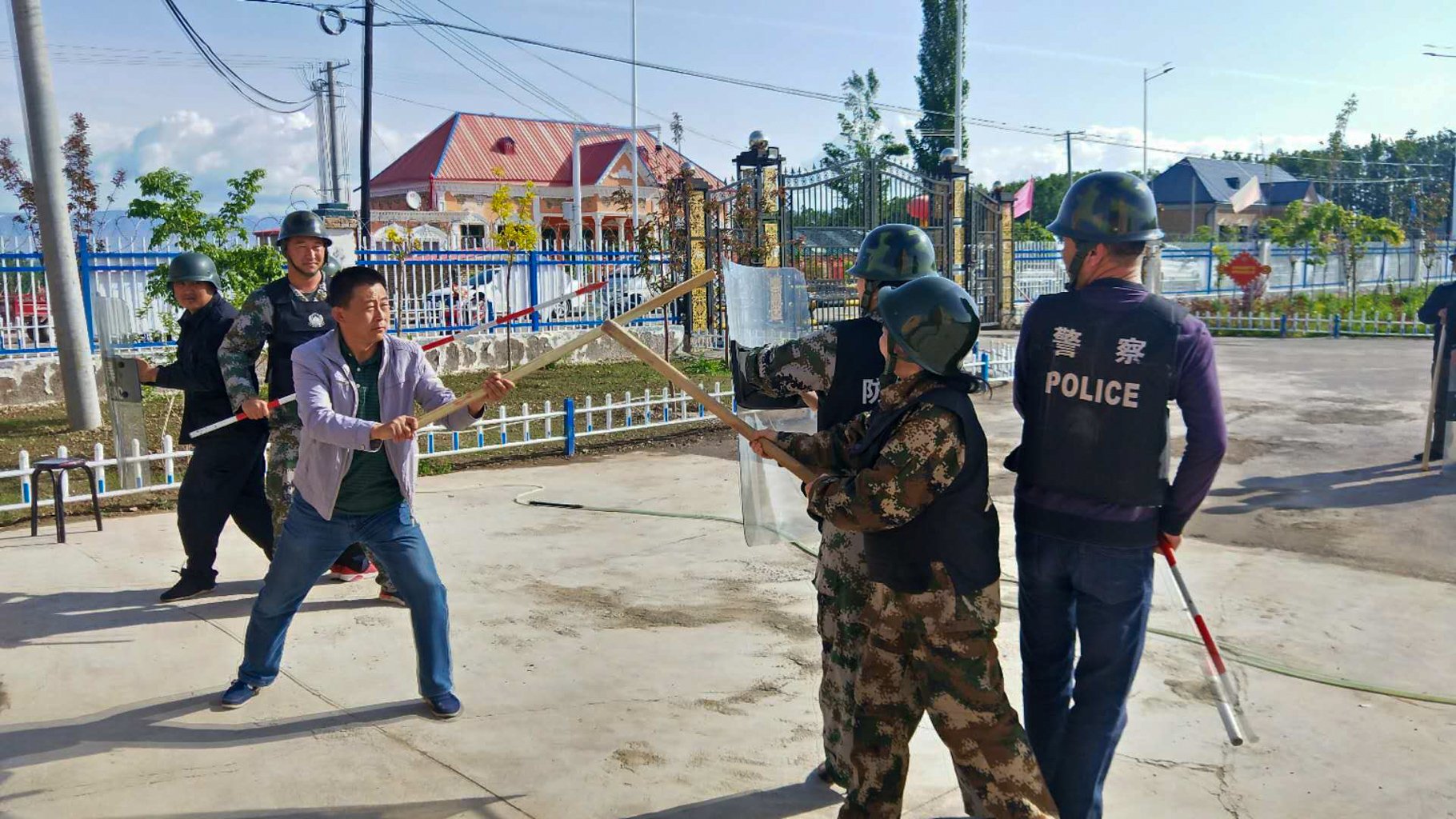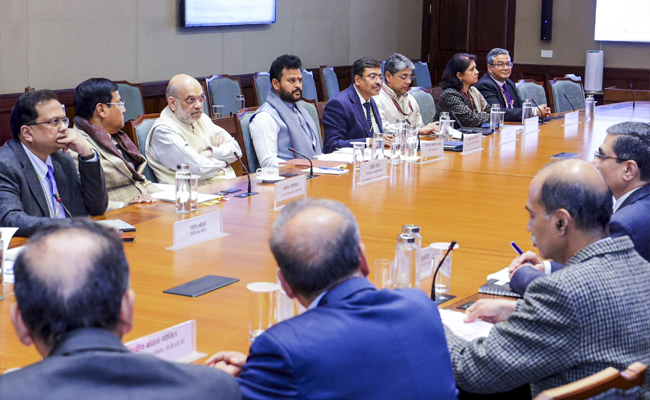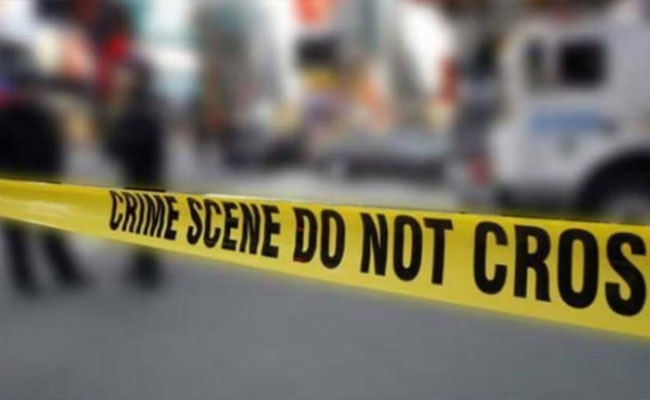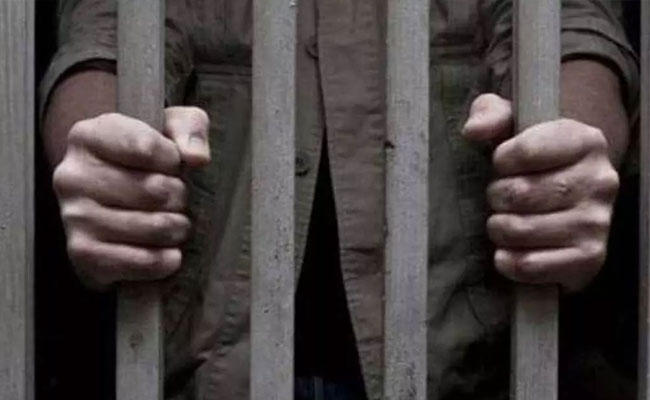A trove of unprecedented material obtained by hacking into China’s Xinjiang Police computers has taken the internet by storm, bringing to the fore the first-ever image of material from inside camps that “implicates top leadership” and has camp security instructions that describe heavily armed strike units with battlefield assault rifles.
The files also show Religious items confiscated by police as “illegal” contraband include prayer rugs, religious texts, handwritten verses from the Quran, hijabs, long dresses, and an elementary school notebook containing Uyghur language exercises.
Adrian Zenz, the Director of China Studies at the Victims of Communism Memorial Foundation in Washington share the material and said that materials are unprecedented at several levels.
According to the researcher and his team, the Xinjiang Police Files contain an encrypted archive with images of several thousand persons taken in the first half of 2018 at police stations and detention centers in Konasheher County, Kashgar prefecture - a region in southern Xinjiang that is predominantly inhabited by the Uyghur people. In 2018, these regions were ordered to photograph a substantial share of the population as part of biometric data collection. Each image filename contains a timestamp and the person's government ID number.
"The files also contain about 450 spreadsheets from the region that corroborate the identity of the depicted persons. They reveal that in 2018, at least 12.1 percent of all ethnic adults in the country were in detention - including 2,884 of the photographed persons. Among them are 15 minors. The youngest detained person depicted in these images is a 15-year-old girl and the oldest is a 73-year-old woman," said the team led by Adrian Zenz who analyzed and authenticated the material.
"Some of these 2884 persons were probably photographed prior to their detention and others likely during their internment. Since these persons are victims, the full set of 2,884 images is made available on this website in the original form".
Adrian Zenz said original filenames have been truncated for privacy reasons so as to not reveal each person's full ID number.
"Vivid image of police drills, and over 5,000 images of persons taken at detention centers/police stations, 2,884 of them are interned. 4. Spreadsheets showing the vast scale of internments: over 12 percent of the adult population of Uyghur county in 2018 was shown in camps or prisons. You can view and download many of the files, documents, and nearly 2,900 images of detained persons from the #XinjiangPoliceFiles website," Adrian Zenz said in his tweets.
Human rights campaigners have accused the ruling Communist Party of China of committing widespread abuses in Xinjiang in the name of security, steps which include confining people to internment camps, forcibly separating families, and carrying out forced sterilization.
For its part, China has said these facilities are "vocational skills training centres" that are necessary to "counter" extremism and improve livelihoods. Chinese officials said in late 2019 that most "trainees" had "graduated" from the centres.
The United Nations High Commissioner for Human Rights Michelle Bachelet recently visited China and Xinjiang.
The US has accused China of genocide in Xinjiang, and an unofficial and independent UK-based tribunal ruled in December 2021 that Beijing is indeed guilty of genocide.
In March 2022, nearly 200 rights groups had demanded that Bachelet's office release its long-postponed report on the rights situation in Xinjiang.
BREAKING: huge trove of files obtained by hacking into Xinjiang police / re-education camp computers contain first-ever image material from inside camps, reveal Chen Quanguo issuing shoot-to-kill orders, Xi Jinping demanding new camps because existing ones are overcrowded. 🧵 pic.twitter.com/6K19Wxf0Lx
— Adrian Zenz (@adrianzenz) May 24, 2022
Let the Truth be known. If you read VB and like VB, please be a VB Supporter and Help us deliver the Truth to one and all.
New Delhi (PTI): To beef up the security infrastructure of ports, the government will set up a statutory body -- the Bureau of Port Security -- that will ensure timely analysis, collection and exchange of security-related information of ports and vessels, officials said on Friday.
Union Home Minister Amit Shah on Thursday convened a meeting for the constitution of the dedicated body, the Bureau of Port Security (BoPS), which was attended by the Minister of Ports, Shipping and Waterways, Sarbananda Sonowal, and the Minister of Civil Aviation, Ram Mohan Naidu, an official statement said.
Emphasising that there is a need to establish a country-wide robust port security framework, Shah directed that security measures should be implemented in a graded and risk-based manner, taking into account vulnerabilities, trade potential, location, and other relevant parameters.
ALSO READ: Four arrested in cattle theft case after encounter in UP's Kaushambi
The meeting also noted that lessons learned from the maritime security framework shall be replicated in the aviation security domain, the statement said.
The new body, modelled on the lines of the Bureau of Civil Aviation Security (BCAS), will be constituted as a statutory body under the new Merchant Shipping Act, 2025, and will work under the aegis of the Ministry of Ports, Shipping and Waterways (MoPSW), it said.
Headed by a senior IPS officer as its director general, the BoPS will be responsible for regulatory and oversight functions relating to the security of ships and port facilities.
"During the transition period of one year, the director general of shipping shall function as the director general of BoPS," the statement said.
"The BoPS will ensure timely analysis, collection and exchange of security-related information, with a special focus on cybersecurity, including a dedicated division to safeguard port IT infrastructure from digital threats," it said.
The government has designated the Central Industrial Security Force (CISF) as a recognised security organisation (RSO), responsible for undertaking security assessments and preparation of security plans for port facilities.
The Central Armed Police Force (CAPF) will train and build the capacities of private security agencies (PSAs) engaged in port security.
"These agencies shall be certified and appropriate regulatory measures shall be introduced to ensure that only the licensed PSAs operate in this sector," the statement said.





